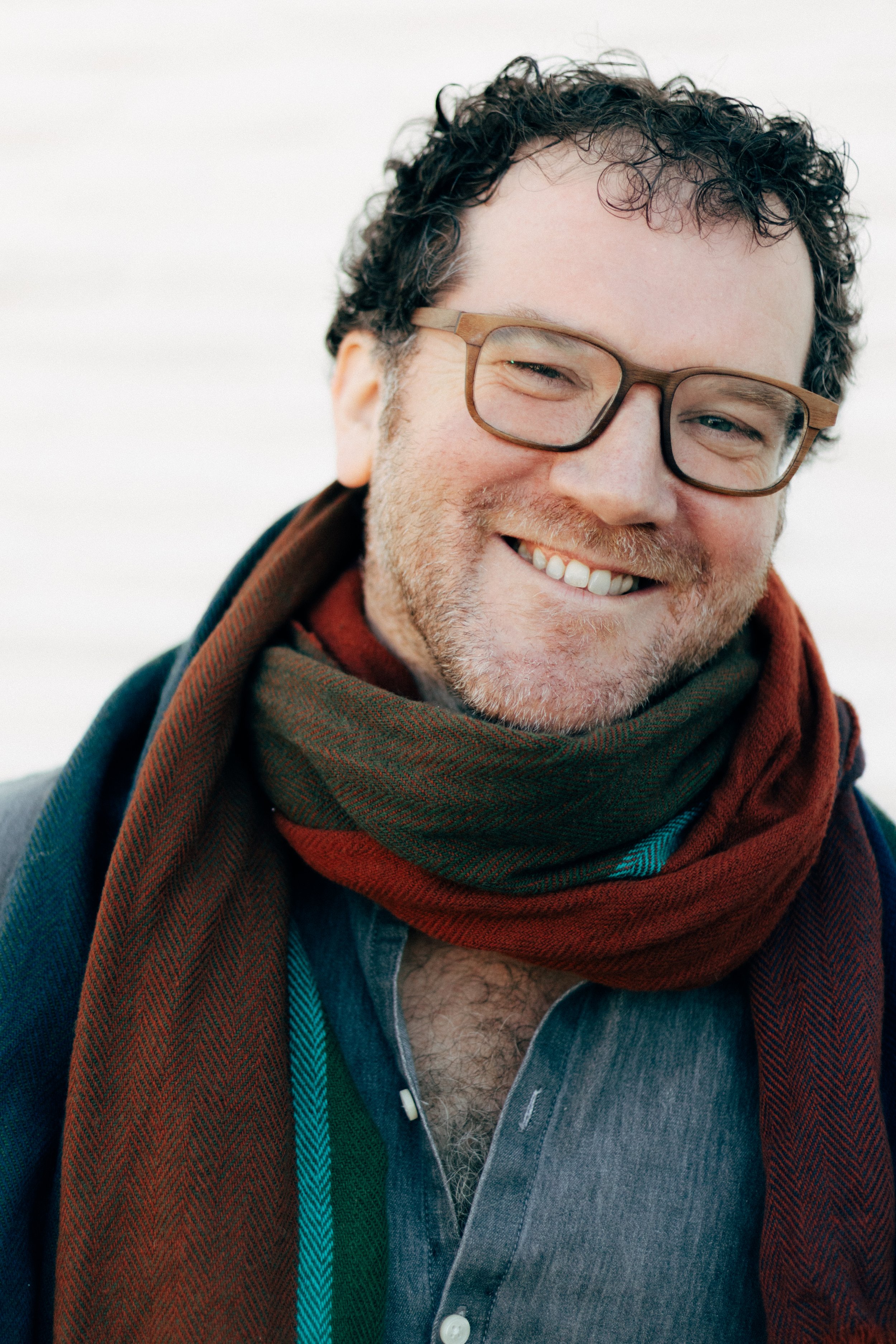Meet Our Team
Directors
Peter T. Coleman
Director
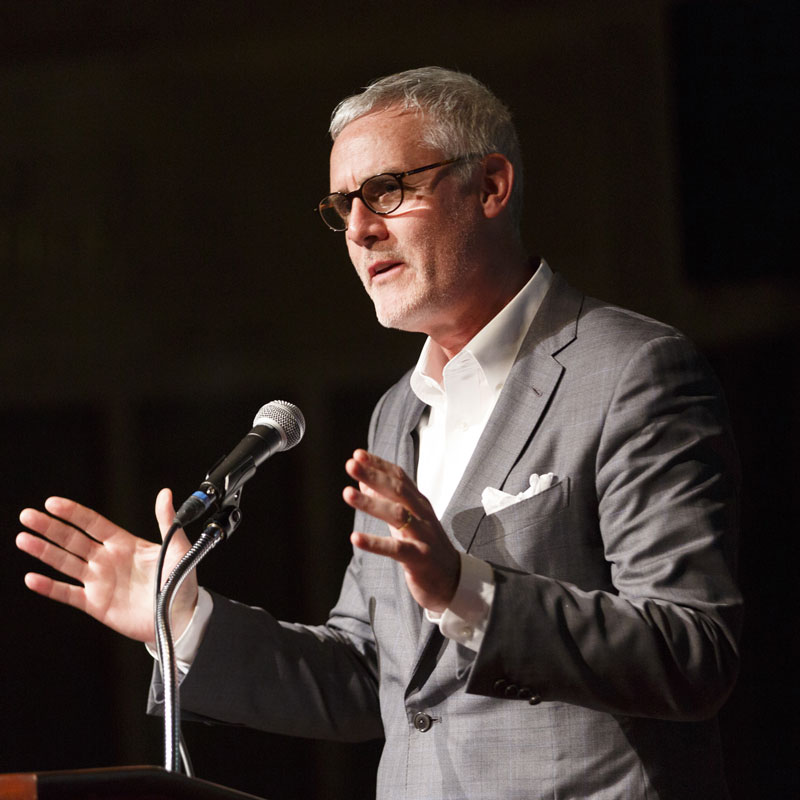
Dr. Peter T. Coleman is Professor of Psychology and Education at Columbia University where he holds appointments at Teachers College, the Climate School, and the School of Professional Studies. Dr. Coleman directs the Morton Deutsch International Center for Cooperation and Conflict Resolution (MD-ICCCR), is founding director of the Institute for Psychological Science and Practice (IPSP), and is co-executive director of Columbia University’s Advanced Consortium on Cooperation, Conflict, and Complexity (AC4).
Dr. Coleman is a renowned expert on constructive conflict resolution and sustainable peace. His current research focuses on promoting conflict intelligence and systemic wisdom as meta-competencies for navigating conflict constructively across all levels (from families to companies to communities to nations), which includes projects on adaptive negotiation and mediation; cross-cultural conflict adaptivity; optimality dynamics in conflict, justice and polarization; multicultural conflict; intractable conflict; and sustainable peace.
In 2003, Dr. Coleman became the first recipient of the Early Career Award from the American Psychological Association (APA), Division 48: Society for the Study of Peace, Conflict, and Violence, and in 2015 was awarded the Morton Deutsch Conflict Resolution Award by APA and a Marie Curie Fellowship from The European Union. In 2018, Dr. Coleman was awarded the Peace Award from Meaningful World, in celebration of their 30th anniversary and the UN’s International Day of Peace, and in 2020 a Lifetime Commitment Award from the Human Dignity and Humiliation Studies association. In 2023 he was elected to be 2023 Fellow of the International Association of Conflict Management.
Dr. Coleman edits the award-winning Handbook of Conflict Resolution: Theory and Practice (2000, 2006, 2014) and his other books include The Five Percent: Finding Solutions to Seemingly Impossible Conflicts (2011); Conflict, Justice, and Interdependence: The Legacy of Morton Deutsch (2011), Psychological Components of Sustainable Peace (2012), and Attracted to Conflict: Dynamic Foundations of Destructive Social Relations (2013), and Making Conflict Work: Navigating Disagreement Up and Down Your Organization (2014), which won the 2016 Outstanding Book Award from The International Association of Conflict Management. Most recently he published a book with Columbia University Press on breaking through the intractable polarization plaguing the U.S. and other societies, titled, The Way Out: How to Overcome Toxic Polarization (2021).
Dr. Coleman has also authored well over 100 articles and chapters, is a member of the United Nations Mediation Support Unit’s Academic Advisory Council, is a founding board member of the Gbowee Peace Foundation USA, and is a New York State certified mediator and experienced consultant. In 2017, he received the International Association of Conflict Management 2017 Best Conference Theoretical Paper Award for his article Conflict Intelligence and Systemic Wisdom: Meta-competencies for Engaging Difference in a Complex, Dynamic World, and in 2018 The Emerald Literati Award for the paper Adaptive mediation: An evidence-based contingency approach to mediating conflict.
Dr. Coleman also founded and edits the MD-ICCCR Science-Practice Blog, the WKCR (89.9 FM) monthly radio program Peace and Conflict at Columbia: Conversations at the Leading Edge, and is a frequent blogger on Psychology Today and The Hill. Dr. Coleman’s work has also been featured in media outlets such as The New York Times, The Guardian, The Chicago Tribute, Nature, Science, Scientific American, Harvard Business Review, Forbes, Wired, This American Life, Time Magazine, Fox Business, CBS, Fast Company, Chicago Public Radio, the PBS Newshour and various international outlets.
Today, Dr. Coleman serves as a scientific advisor to dozens of nonprofit peacebuilding groups, including Starts With Us, Fix US, Constructive Dialogue Institute, Convergence, Search for Common Ground USA, ListenFirst, Select Committee on the Modernization of Congress, Bipartisan Problem-Solvers Caucus, Unite, Generations for Peace, One Small Step (Story Corps), Cascade Institute, Essential Partners, Civic Health project, Horizons project, Partners Global, Braver Angels, UJA-Federation, Paramount’s Social Impact group, and American Exchange Project.
Isadora Caldas
Associate Director
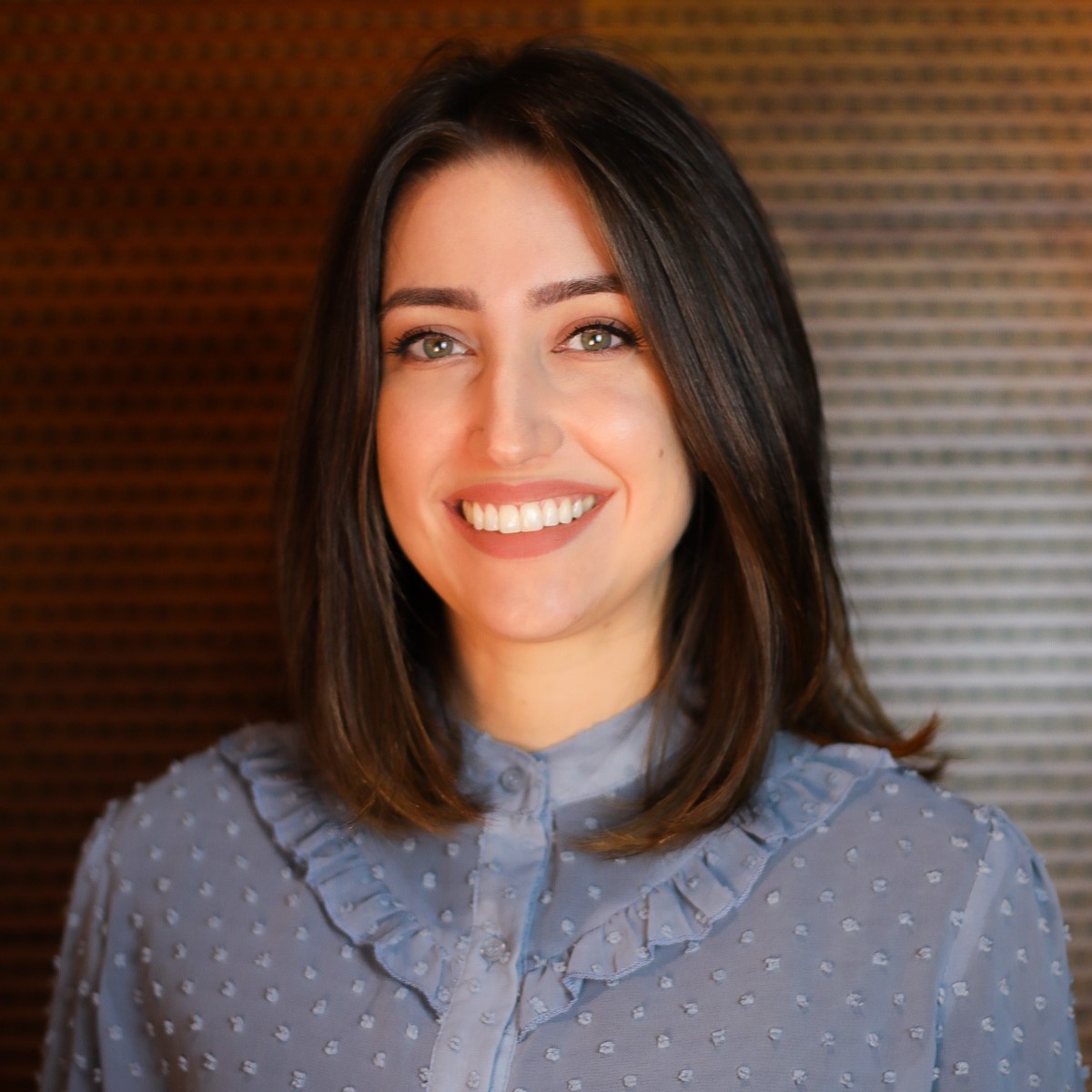
Isadora Costa Caldas is a conflict resolution specialist, educator, and lawyer from Brazil. She is the Associate Director at the Morton Deutsch International Center for Cooperation and Conflict Resolution (MD-ICCCR) at Teachers College, Columbia University. Her current research at the MD-ICCCR examines the effects of Conflict Intelligence on organizational outcomes, as well as the role of poetry in fostering openness to conflict resolution.
Before joining the MD-ICCCR, Isadora worked at a DEI and conflict management consulting firm and at a nonprofit organization where she taught mediation, restorative practices, and conflict resolution skills in public schools across New York City. In Brazil, she worked as a labor lawyer representing workers and trade unions before the Brazilian Superior Labor Court. She also served as a teacher and program coordinator for nonprofit educational initiatives and as a mediator in the Federal District and Territories Court of Justice.
Isadora holds a Bachelor of Laws from the University of Brasília and a Master of Science in Negotiation and Conflict Resolution from Columbia University.
Staff
Cassandra Brown
Education Program Coordinator
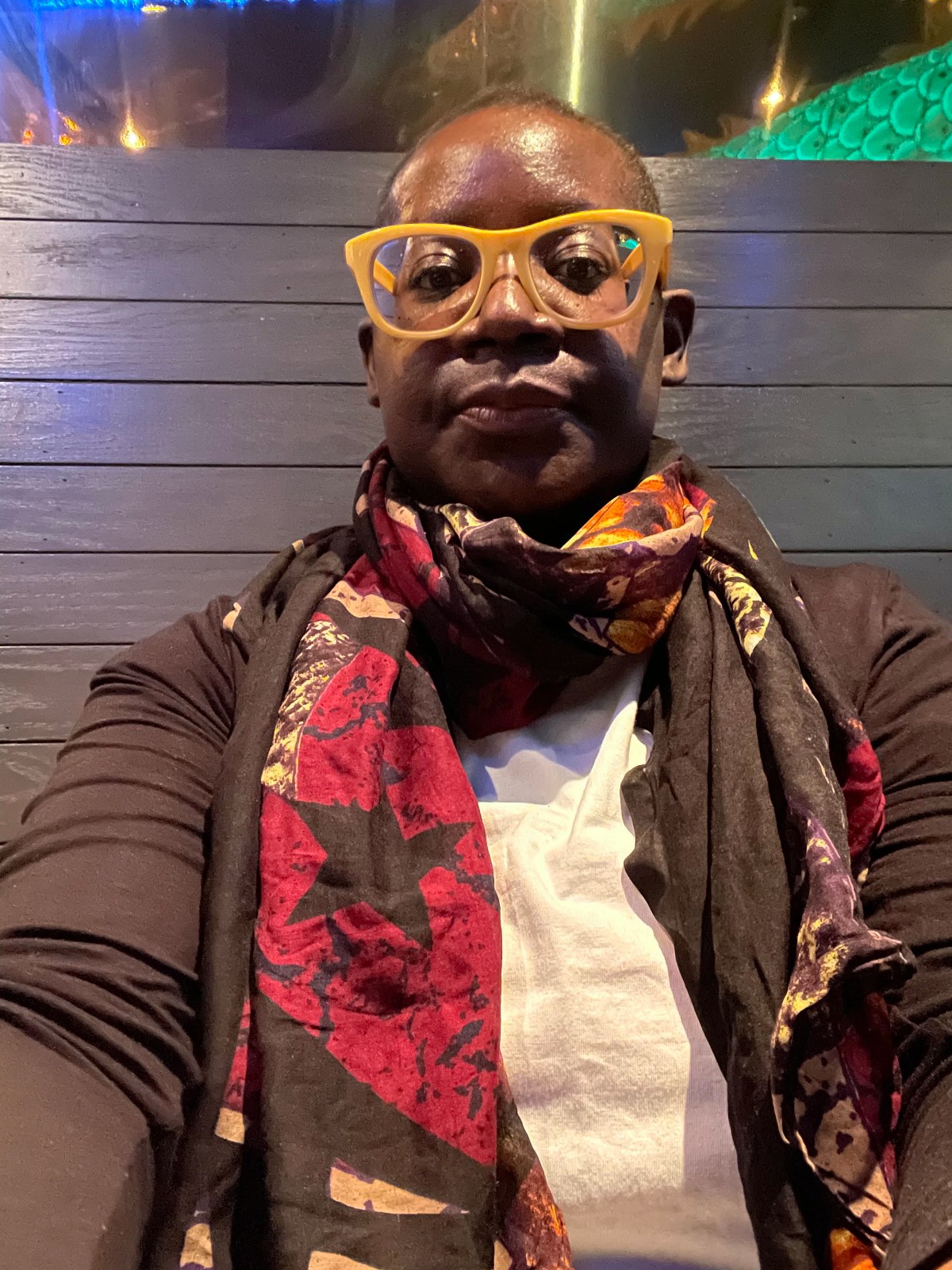
As an artist in theatre, drama, dance, music, and film, Cassandra brings more than 15 years of experience as an educator and administrator and remains unapologetic in cultivating environments where girls can dare to imagine what it is to live in full authenticity. She remains committed to creating spaces that illuminate experiences at the intersections of race, class, and gender. As a Black Woman, Cassandra encourages girls to exist outside of a monolith, while holding space for all of the ways that they show up and embrace all parts of their identities. She brings other "isms" to the forefront, specifically colorism, texturism, and featurism, which operate as racism's first, second, and third cousins.
Cassandra earned a Bachelor's degree in Theatre from Spelman College, before going on to earn two Master's degrees from New York University in the fields of Performance Studies in Film and Educational Theatre. During college, she served as a TA and as a department liaison to the Office of Disability Services. In addition to the many teaching positions she has held, Cassandra has spent her career exploring the performance of death, disease, and trauma in Lima, Peru and in New Orleans, LA, after Hurricane Katrina. While in Peru, Cassandra worked with the theater collective, Grupo Cultural Yuyachkani, as a student in the Hemispheric Institute of Performance and Politics at New York University. Yuyachkani is Quechua for "I am thinking, I am remembering", and much of the work centered on the construction of social memory in relation to the Dirty War in Peru from 1980-2000.
Nafi Sukur
Budget Administrator

Nafiul Sukur is a 2021 graduate of Baruch College with a degree in finance. His professional experience spans various fields, including accounting, tax, and finance. As a Bangladeshi American, he is passionate about exploring and embracing both of his cultures. Nafiul previously served as president of MUNA, a cultural club dedicated to educating children about their heritage. Additionally, he held the position of treasurer for Absolute Adrenaline, a club that organized thrilling activities such as snowboarding and paintballing. In his leisure time, he enjoys traveling, playing football, socializing with friends, and working out. Nafiul is known for his proactive approach to seizing opportunities.
Courtney Chicvak
Curriculum Development Specialist
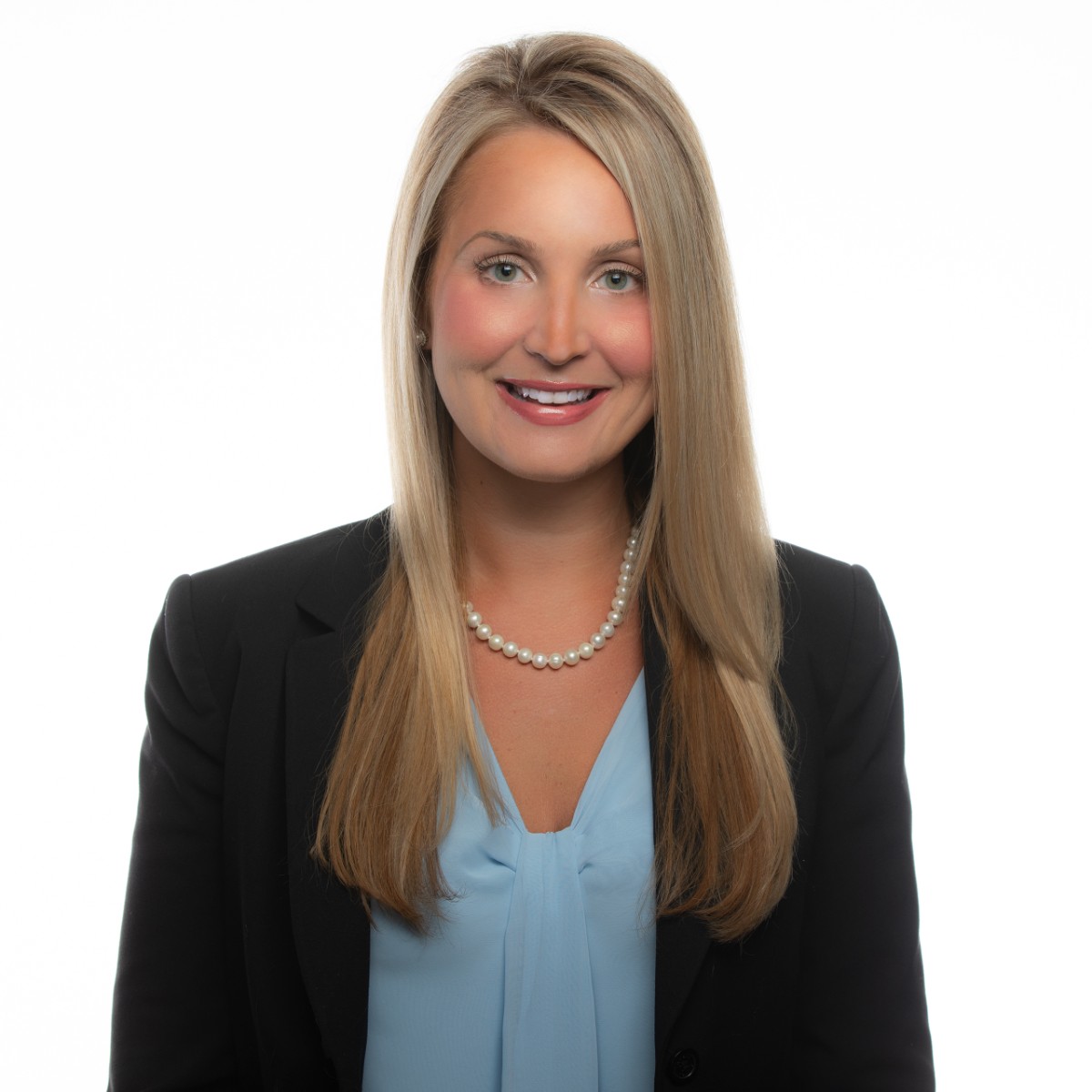
Courtney is the Curriculum Development Specialist at the Morton Deutsch International Center for Cooperation and Conflict Resolution (MD-ICCCR). Outside of her role at the Center, she is the Director of Alternative Dispute Resolution at Long Island Dispute Resolution Centers and a Lecturer in the Negotiation and Conflict Resolution program at Columbia University. She is an attorney in New York, an International Mediation Institute (IMI) Mediator, and serves on several New York State Court System mediation rosters.
Rashi Sawant
Research and Tech Associate
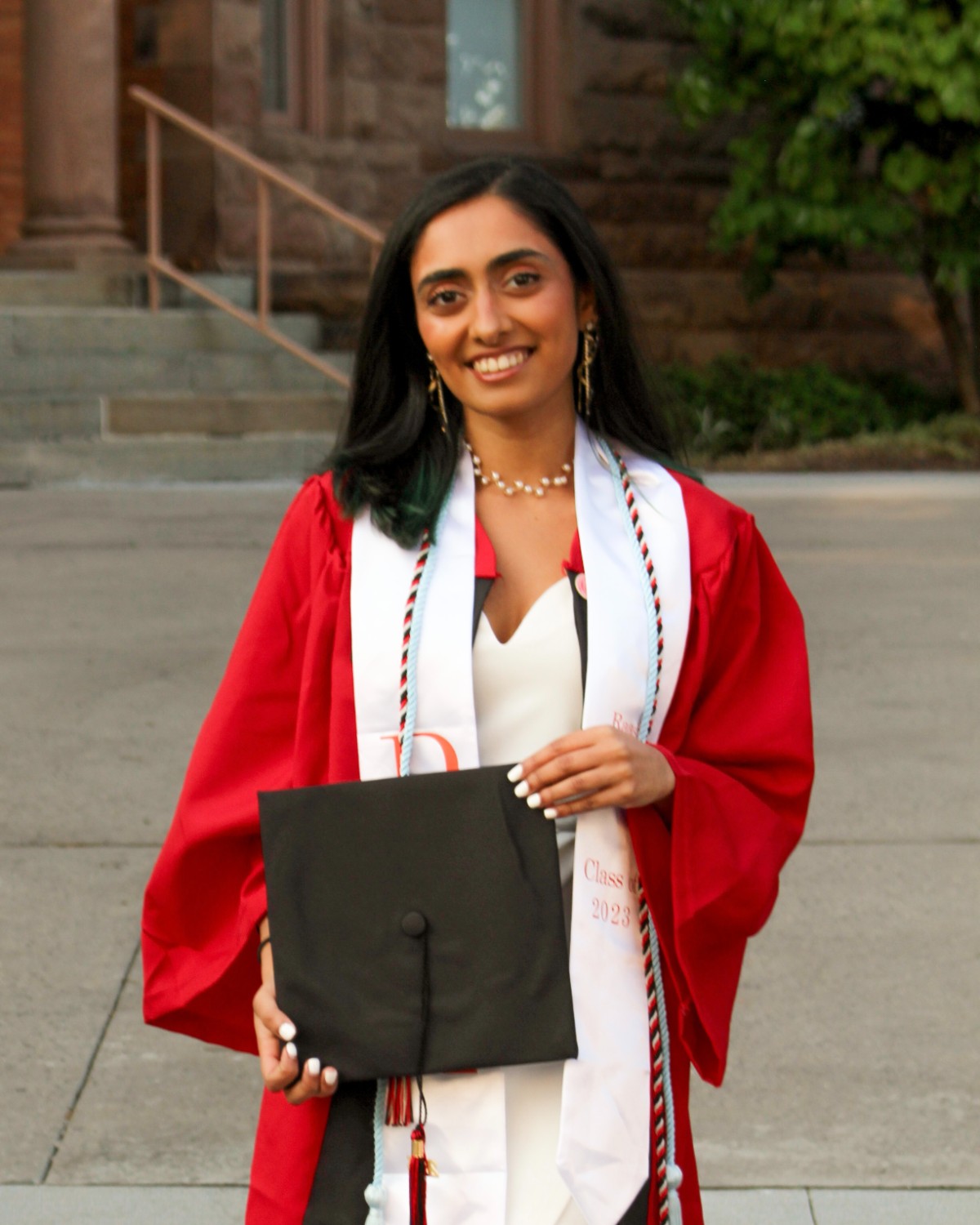
I am a recent graduate from Rutgers University with majors in Cognitive Science and Psychology. At the Morton Deutsch International Center for Cooperation and Conflict Resolution (MD-ICCCR) at Columbia University, I am currently in a position to research projects connected to a multidisciplinary research agenda in the field of conflict resolution, peace studies, and sustainability as well as providing technical assistance for the various apps, coding, and websites already utilized by the center as well as the development of additional tools. I am passionate about further bettering the user experience and accessibility using the platforms and services related to the center.
Rebecca Namyet
Education and Communications Associate
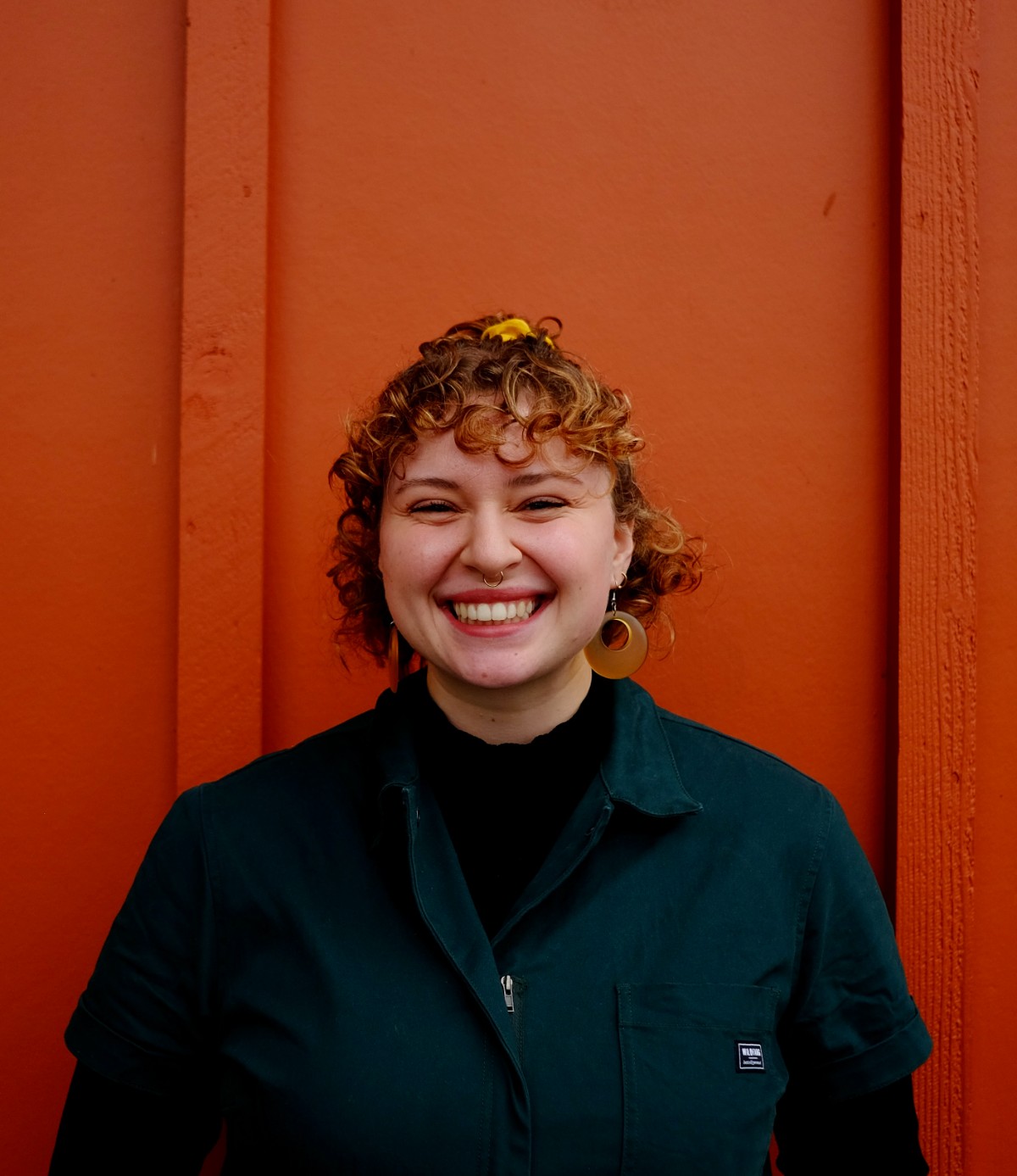
Rebecca Namyet is a Masters student in Social-Organizational Psychology who is delighted to be working at the MD-ICCCR. Originally from Oregon, she graduated Summa Cum Laude from the University of Oregon and received the Dean's Award for Service her senior year. After graduating, she spent two years teaching English in Spain, where she created the Model United Nations program at her school. She returned to teach in Seattle, in which she was involved in coaching the debate team, directing school plays, and leading outdoor/adventure education excursions. Outside of representing the Organization & Leadership department in Teachers College's Student Senate, Rebecca is an avid dancer who is trained in hip hop and contemporary and dabbles in salsa, bachata, house, yoga, and other forms of joyful movement.
Lan Phan
Research Lab Coordinator
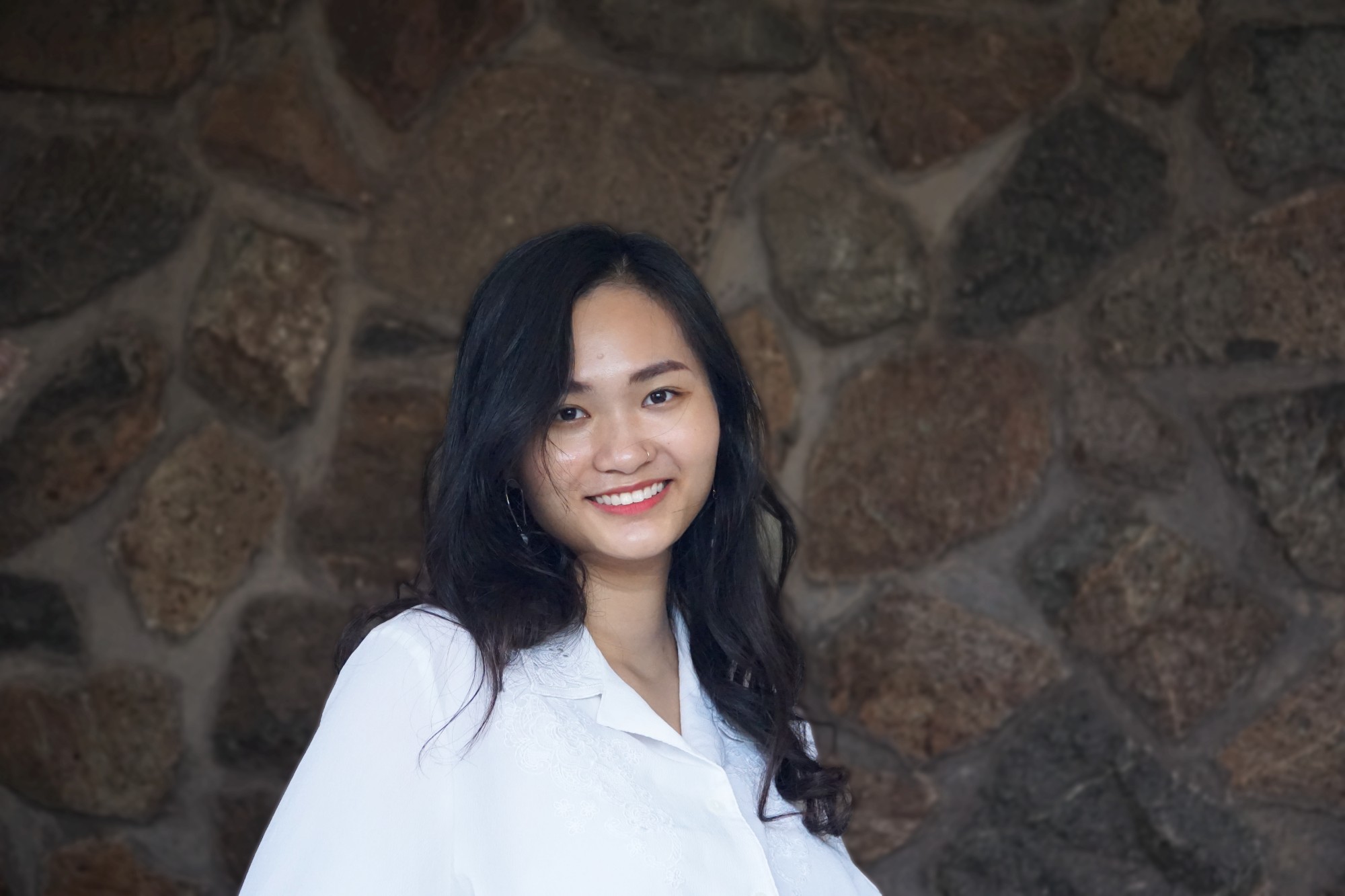
Lan Phan is a doctoral student in the Social-Organizational Psychology program at Teachers College, Columbia University. She focuses her research on cross-cultural adaptivity, nonhierarchical settings, informal power, and secular grace in the field of conflict resolution. Before entering the program, Lan worked and fostered long-term partnerships that spanned from Haiti, the U.S., China, Pakistan, Trinidad and Tobago, to her home country - Vietnam. Informed by her international work experiences, Lan dedicated her time navigating the intersectionality of her identities and the balance between taking up and creating spaces to empower discourse.
Instructors
Michele S. Riley
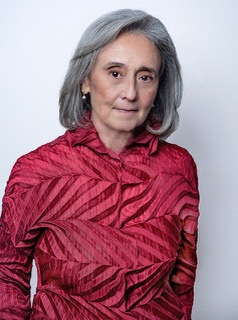
Michele S. Riley has over 30 years of international legal experience from working with international law firms in New York and Tokyo, Japan, specializing in commercial transactions and alternative dispute resolution (ADR) processes, both in private practice and as general counsel of a U.S.-based subsidiary of a Japanese multinational. Her areas of expertise cover ADR (arbitration, mediation and negotiation), commercial transactions, finance, cross-border transactions, including joint ventures and mergers & acquisitions, distribution/franchising, consulting arrangements, technology transfer and licensing, procurement, corporate governance and conflict management systems in the workplace.
Ms. Riley is a Fellow of the Chartered Institute of Arbitrators (CIArb) and serves as an ADR Neutral for the International Institute for Conflict Prevention and Resolution (CPR), the International Centre for Dispute Resolution (ICDR), the American Arbitration Association (AAA), the Financial Industry Regulatory Authority (FINRA), and several federal and state court-annexed mediation programs in New York, including the Pro Bono Appellate Mediator Panel of the Second Circuit Court of Appeals. Complementing her ADR practice, Ms. Riley teaches mediation and negotiation at Columbia University’s Morton Deutsch - International Center for Cooperation and Conflict Resolution and in its Master’s Degree Program in Negotiation and Conflict Resolution.
Ms. Riley is currently active in promoting the use of ADR in her roles as a member of the CIArb Examinations Board and as a tutor for the CIArb Accelerated Route to Fellowship program. As a volunteer for the International Legal Institute — African Center for Legal Excellence, Ms. Riley has provided training in international commercial arbitration to state counsel from the Attorney General’s Chambers, Botswana annually in 2015-17 and 2019, and administrators of the Nairobi Centre for International Arbitration, Kenya in 2018. Under the auspices of the International Senior Lawyers Project, she also assisted an NGO, in partnership with the University of Lagos, in developing a Master’s degree program in negotiation and conflict resolution at a newly-established College of Negotiation in 2014.
Ms. Riley holds an M.A. in East Asian Studies from Yale University and a J.D. from Georgetown University Law Center. Her academic credentials also include a professional certificate in Conflict and Dispute Resolution from the Center for Finance, Law and Taxation at New York University.
Jenny Besch
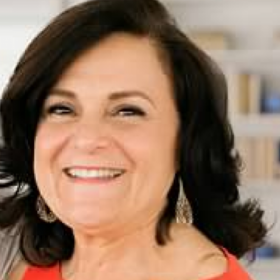
Jenny Besch teaches for the MD-ICCCR at Teachers College and has been teaching with Columbia’s School of Professional Studies Negotiation and Conflict Resolution program since 2007. In addition to her teaching, Besch mediates in the private practice and for many years mediated community cases through various Community Dispute Resolution Centers in New York. She served for 19 years as Director of the Westchester and Rockland Mediation Centers of CLUSTER, Inc.
She is a certified mediator and State Certified Trainer with advanced training in community mediation, parent-child mediation, custody-visitation mediation, divorce mediation, child permanency mediation, lemon law arbitration, employment discrimination mediation, victim-offender mediation and restorative justice group conferencing. She has served on the Board of Directors of the New York State Dispute Resolution Association, was a member of the Mid-Hudson Regional Youth Justice Team and the Governor’s Juvenile Justice Advisory Board, as well as EPIC, a noted parent effectiveness training and service organization.
Clymer D. Bardsley
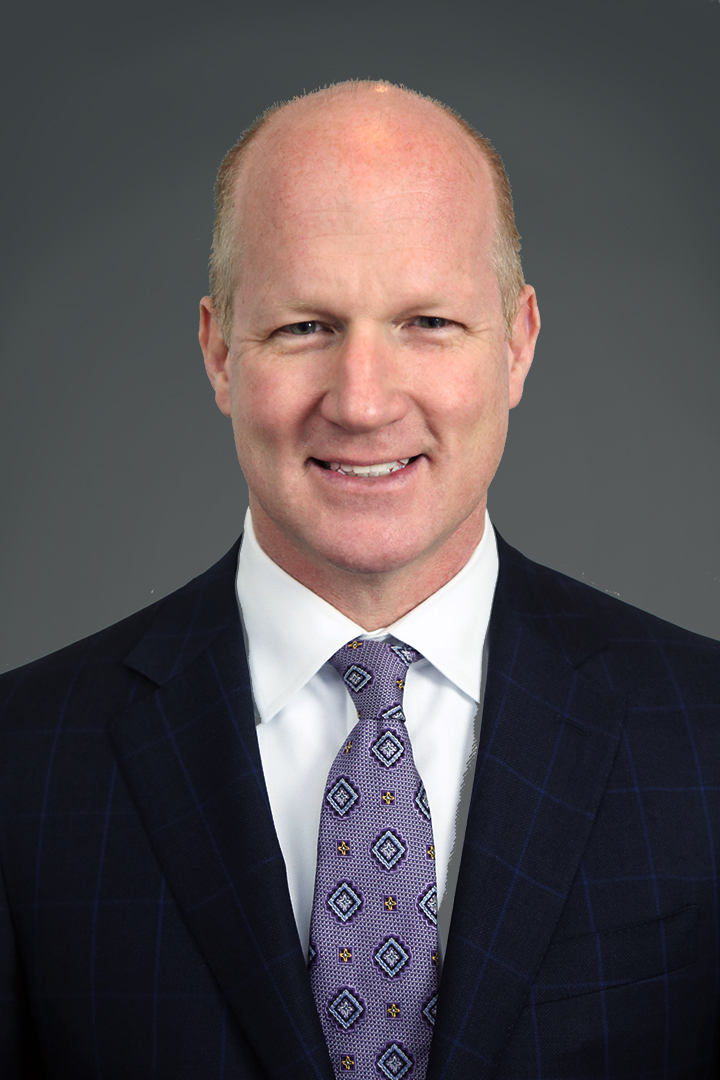
Clymer Bardsley has more than 25 years of experience as a lawyer, mediator, trainer and coach. Throughout his career, he has helped thousands of individuals to increase their conflict management and resolution skills for the benefit of both their personal and professional lives. Clymer learned conflict resolution, mediation, and the underlying theories from some of the leading scholars and practitioners in the United States from the Good Shepherd Mediation Program in Philadelphia, The Kukin Program for Dispute Resolution at Cardozo School of Law in New York City, and the Moritz College of Law’s Program on Dispute Resolution at The Ohio State University in Columbus, Ohio. During this time, he taught hundreds of people how to skillfully mediate conflicts, and he mediated over 500 disputes for organizations, the courts, communities, and families. Additionally, he has trained organizational heads and employees to become better problem solvers and negotiators, thereby empowering them and those around them to achieve better outcomes. Inspired by an assisting people through difficult situations and training them to prevent conflicts from escalating, Clymer established the Bardsley Group in 2016.
Clymer is on the faculty at Drexel University’s Kline School of Law, Temple University’s School of Education and Human Development, and the Morton Deutsch International Center for Cooperation and Conflict Resolution at Columbia University’s Teachers College. Additionally, Clymer has conducted trainings, courses, and presentations for the United States Army, the Philadelphia Police Department, and school leaders from around the country. He has presented at University of Pennsylvania’s Law School and School of Education, as well as schools throughout the Philadelphia School District. He has worked with Philadelphia’s Police Athletic League, Parks Department, Department of Human Services, and has worked in Philadelphia Family Court with hundreds of parents in manning custody and related parenting matters. He has also served as both a mediator and a settlement official for the Federal Equal Employment Opportunity Commission and facilitates abuse and neglect matters in Philadelphia Family Court.
Clymer earned his law degree from the Benjamin N. Cardozo School of Law in New York and His B.A. in History from Middlebury College.
Dilshad Dayani
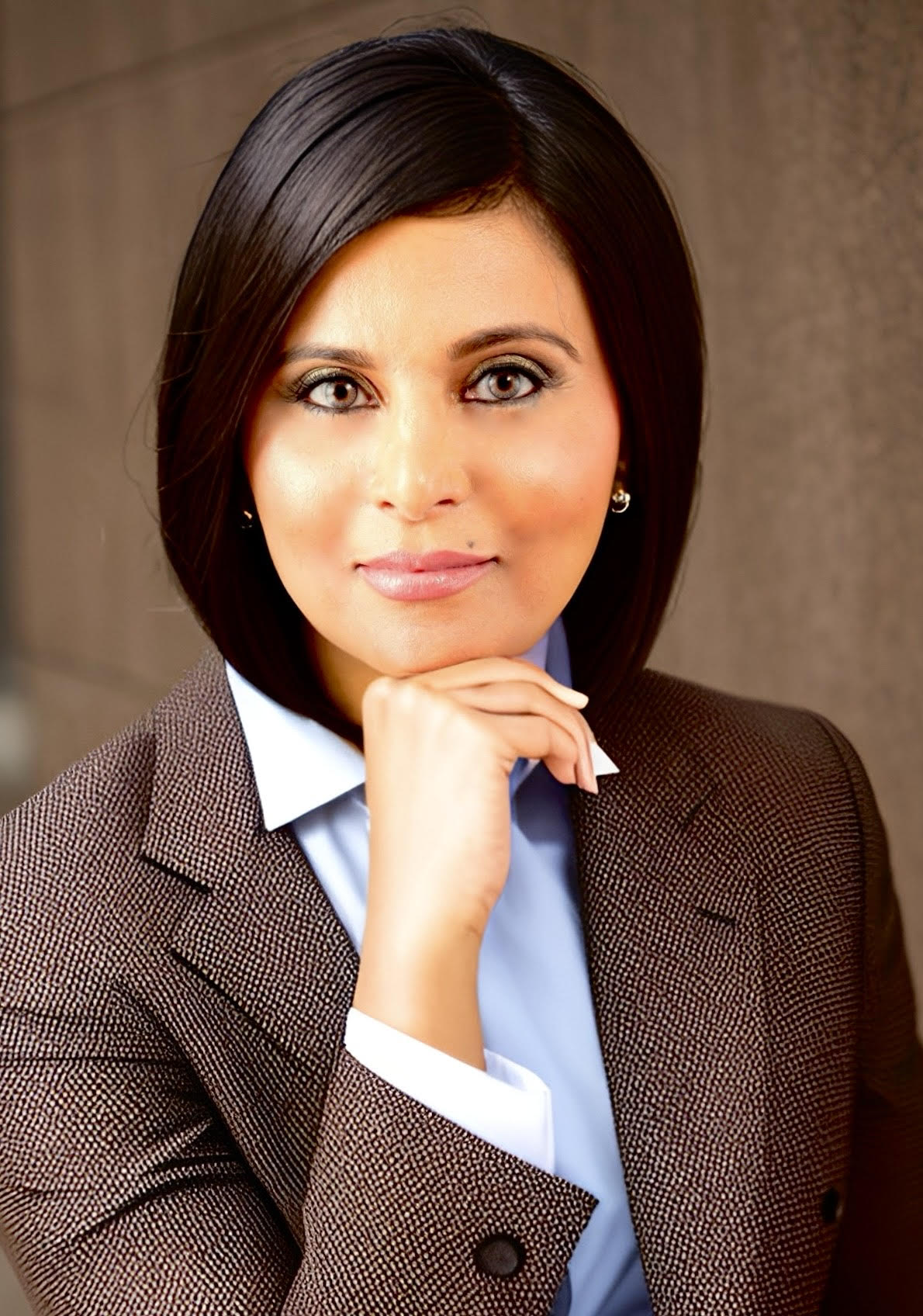
Dilshad Dayani, Ed.D is a Fulbright awardee with ongoing research and teaching experience at European and South Asian educational institutions. She has also received the Obama Award for Professional Excellence in Human Rights Advocacy and other recognitions in broadcast journalism for her work in social impact and women's empowerment. She is a consultant, faculty member at The School of New York Times, and a Cambridge Research and Beijing Institute mentor.
Amazon best-selling author on intrapersonal conflict, women's cultural narratives & unconscious bias within the domain of success.
She is also the founder of Lead 2 Empower, executive training, and consultancy in social impact, intercultural leadership communication, adaptive business negotiation, and the role of gender equity in building human capital.
As a certified mediator and scholar-practitioner in conflict, media, and cultural studies, her career has combined research, project development, and teaching in diverse organizations such as NGOs, Academia, Media, the United Nations, and Fortune 500 companies. Dilshad served eight years on the advisory board for PBS, advocating for minority voices and intercultural programming ideas.
She has contributed to Thrive Global and various media outlets on social impact and cultural stereotypes. Over the last twenty years, primary practice areas include working with individuals, companies, research organizations, and immigrant groups on change, acculturation, Conflict mediation, negotiation and role of servant leadership, diverse voices in the media, the role of AI in media and news literacy, interpersonal and religious conflicts, leadership development, multicultural team building, and DEI. She received a master's in Instructional Design & Media from Columbia University and an Ed.D in Educational Leadership from Northcentral University.
Robert Anderson
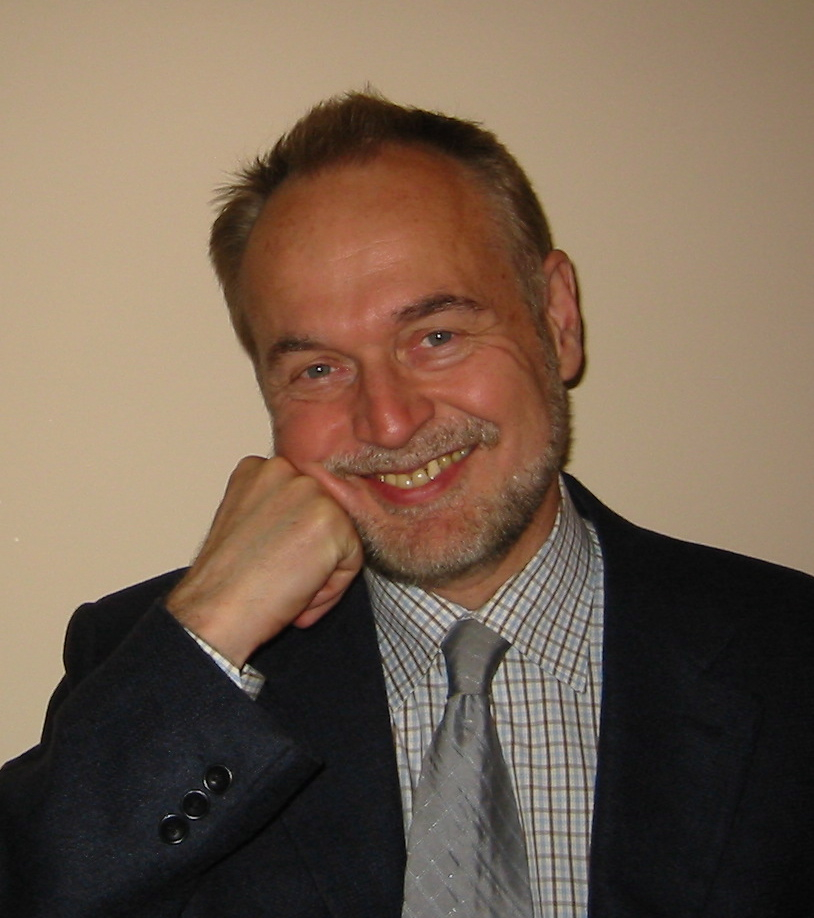
Robert Anderson, EdD, is a training professional with 20 years of experience in the field of communication and human resource development. In 1989, he established McDonald Anderson, a management training and consulting firm based in New York City. He has conducted leadership and communication workshops for many Fortune 500 companies, universities, and international non-profit organizations. His work regularly takes him to Africa, Asia, Europe, Latin America and to cities throughout North America. In addition to his native English, he has conducted workshops in French, Portuguese and Spanish. Before starting his own company, Dr. Anderson was employed as a training manager at Salomon Brothers Inc, the National Puerto Rican Forum, and The Executive Technique, a communications consulting firm. His academic credentials include an Ed.D. in adult education from Teachers College, Columbia University, an M.A. in Spanish from the University of Michigan and a B.A. in Spanish from Oberlin College.
Camilo Azcarate
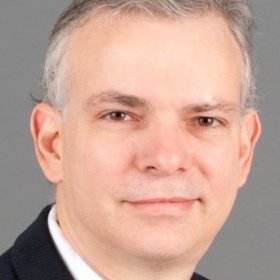
Camilo Azcarate is an international dispute resolution expert with 25 years of experience as ombudsperson mediator, facilitator and trainer working for public, private, and international organizations. He managed the office of mediation services for the World Bank Group between 2008 and 2018, was lead ombudsperson at Princeton University, Ombudsperson at FGCU’s Business School, and Government Programs Coordinator for the Massachusetts Office of Dispute Resolution.
Azcarate teaches graduate-level courses at Columbia University and was a fellow at Harvard University’s Weatherhead Center for International Affairs during 2018. He has published papers in the journal Peace Studies and Conflict Resolution as well as articles on magazines of the Association for Conflict Resolution and the International Ombudsman Association (IOA).
Azcarate holds a Juris Doctor (JD) from Universidad Javeriana, a Masters in Corporate Law (LLM) from Universidad San Buenaventura, a Master’s in Dispute Resolution (M.A.) from the University of Massachusetts, and a Certificate in Equal Employment from Cornell University. He has received several awards for his work in dispute resolution, including the Don Paulson Award for Excellence in Dispute Resolution and the award for Outstanding Achievement in Dispute Resolution.
Beth Fisher-Yoshida
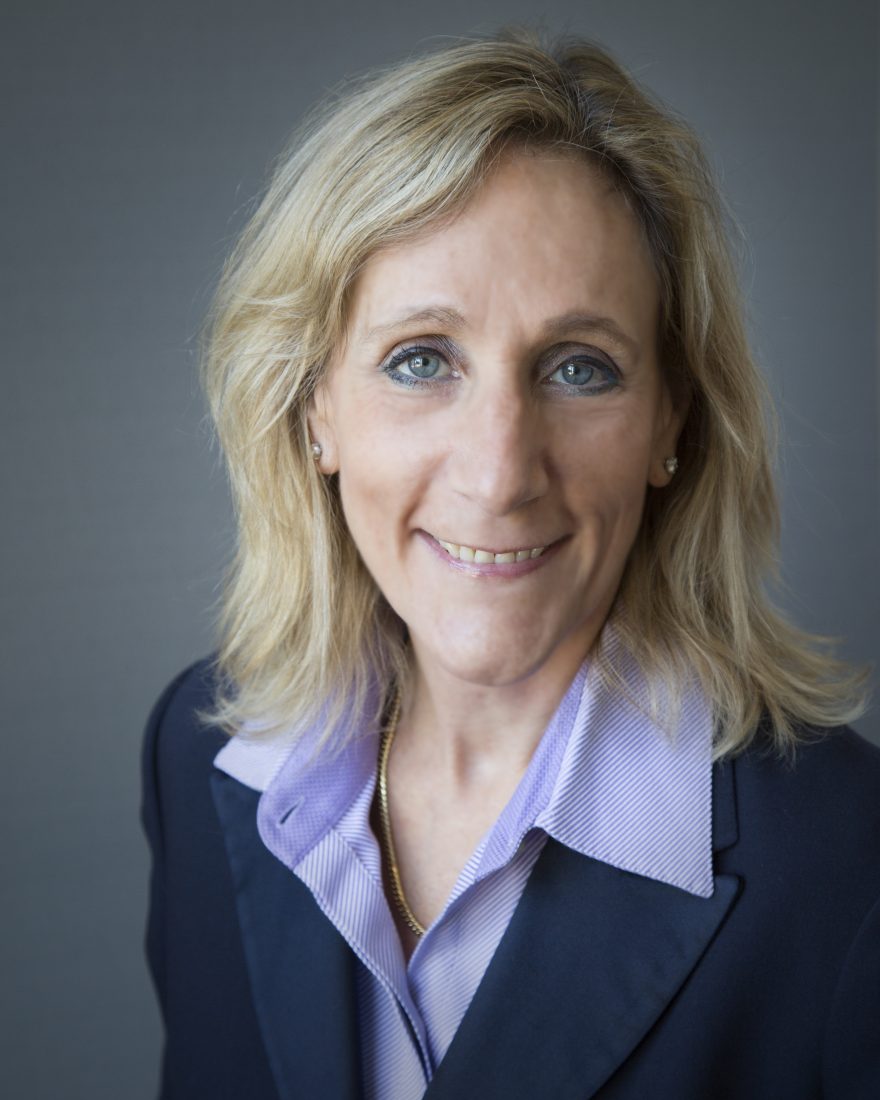
As Professor of Professional Practice, Beth Fisher-Yoshida, Ph.D. teaches classes in negotiation, conflict resolution, and conflict analysis. Her approach to learning is based on her core belief that when we improve communication by developing more self-awareness, we will have better relationships and improved negotiation practices.
Dr. Fisher-Yoshida is Co-Executive Director of the Advanced Consortium on Cooperation, Conflict and Complexity (AC4) and Director of the Youth, Peace, and Society (YPS) program, both housed in the Climate School / Earth Institute at Columbia University. In her role at YPS she has been working to develop systemic approaches to building more effective communities through youth leadership in Medellín, Colombia, using a Social Lab approach.
Dr. Fisher-Yoshida partners with clients to develop customized interventions aimed at improving organizational performance. She is able to blend the best of both worlds: the knowledge from academia with effective practices to apply successfully to real life situations. Her firm, Fisher Yoshida International, focuses on leading organizations through change by improving communication and creating shared goals and practices to align with the organization’s mission and vision. She works globally with clients and speaks conversational Japanese having lived and worked in Japan for 13 years.
Dr. Fisher-Yoshida is the author of numerous articles, chapters, edited books, and authored a book on transnational leadership. She has a new book to be released soon on women and negotiation. Her main areas of focus are Coordinated Management of Meaning (CMM), negotiation, intercultural communication, conflict resolution and transformative learning.
Dr. Fisher-Yoshida is also a Certified Clinical Sociologist (CCS).
Julian A. McNeil
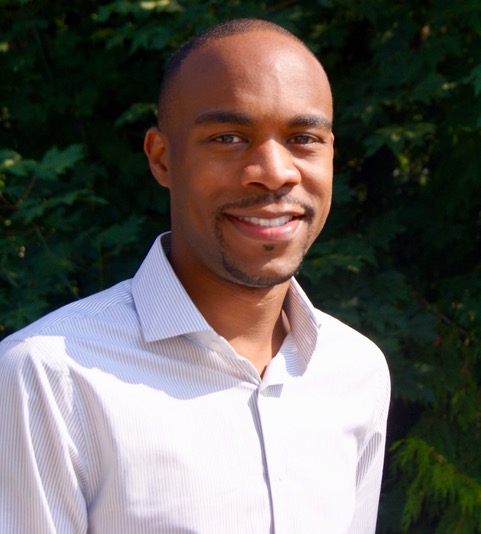
Alice Milmed Haller
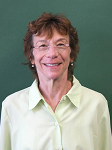
Alice Milmed Haller, JD has been practicing mediation in a variety of contexts since 1993. Prior to training as a mediator, she practiced law in New Jersey for sixteen years, first in the Office of the Public Defender and later in private practice. She has mediated family, commercial, and community disputes and has taught conflict resolution skills to teachers, students and police personnel. From 2003-2007, she was employed by the Superior Court of New Jersey, Family Division as a mediator in child welfare cases. Since then, Alice has worked and volunteered in New York for the Dispute Resolution Centers of Ulster, Orange and Rockland Counties and has maintained a private family mediation practice in Ulster County. During the past year, she has worked with faculty at Columbia Law School and the College of Physicians and Surgeons to develop a conflict resolution workshop for third-year Columbia medical students. She received her B.A. from Radcliffe College and her J.D. from the University of California, Hastings College of the Law, where she served as editor-in-chief of the Hastings Law Journal.
Peter T. Coleman
Director

Dr. Peter T. Coleman is Professor of Psychology and Education at Columbia University where he holds appointments at Teachers College, the Climate School, and the School of Professional Studies. Dr. Coleman directs the Morton Deutsch International Center for Cooperation and Conflict Resolution (MD-ICCCR), is founding director of the Institute for Psychological Science and Practice (IPSP), and is co-executive director of Columbia University’s Advanced Consortium on Cooperation, Conflict, and Complexity (AC4).
Dr. Coleman is a renowned expert on constructive conflict resolution and sustainable peace. His current research focuses on promoting conflict intelligence and systemic wisdom as meta-competencies for navigating conflict constructively across all levels (from families to companies to communities to nations), which includes projects on adaptive negotiation and mediation; cross-cultural conflict adaptivity; optimality dynamics in conflict, justice and polarization; multicultural conflict; intractable conflict; and sustainable peace.
In 2003, Dr. Coleman became the first recipient of the Early Career Award from the American Psychological Association (APA), Division 48: Society for the Study of Peace, Conflict, and Violence, and in 2015 was awarded the Morton Deutsch Conflict Resolution Award by APA and a Marie Curie Fellowship from The European Union. In 2018, Dr. Coleman was awarded the Peace Award from Meaningful World, in celebration of their 30th anniversary and the UN’s International Day of Peace, and in 2020 a Lifetime Commitment Award from the Human Dignity and Humiliation Studies association. In 2023 he was elected to be 2023 Fellow of the International Association of Conflict Management.
Dr. Coleman edits the award-winning Handbook of Conflict Resolution: Theory and Practice (2000, 2006, 2014) and his other books include The Five Percent: Finding Solutions to Seemingly Impossible Conflicts (2011); Conflict, Justice, and Interdependence: The Legacy of Morton Deutsch (2011), Psychological Components of Sustainable Peace (2012), and Attracted to Conflict: Dynamic Foundations of Destructive Social Relations (2013), and Making Conflict Work: Navigating Disagreement Up and Down Your Organization (2014), which won the 2016 Outstanding Book Award from The International Association of Conflict Management. Most recently he published a book with Columbia University Press on breaking through the intractable polarization plaguing the U.S. and other societies, titled, The Way Out: How to Overcome Toxic Polarization (2021).
Dr. Coleman has also authored well over 100 articles and chapters, is a member of the United Nations Mediation Support Unit’s Academic Advisory Council, is a founding board member of the Gbowee Peace Foundation USA, and is a New York State certified mediator and experienced consultant. In 2017, he received the International Association of Conflict Management 2017 Best Conference Theoretical Paper Award for his article Conflict Intelligence and Systemic Wisdom: Meta-competencies for Engaging Difference in a Complex, Dynamic World, and in 2018 The Emerald Literati Award for the paper Adaptive mediation: An evidence-based contingency approach to mediating conflict.
Dr. Coleman also founded and edits the MD-ICCCR Science-Practice Blog, the WKCR (89.9 FM) monthly radio program Peace and Conflict at Columbia: Conversations at the Leading Edge, and is a frequent blogger on Psychology Today and The Hill. Dr. Coleman’s work has also been featured in media outlets such as The New York Times, The Guardian, The Chicago Tribute, Nature, Science, Scientific American, Harvard Business Review, Forbes, Wired, This American Life, Time Magazine, Fox Business, CBS, Fast Company, Chicago Public Radio, the PBS Newshour and various international outlets.
Today, Dr. Coleman serves as a scientific advisor to dozens of nonprofit peacebuilding groups, including Starts With Us, Fix US, Constructive Dialogue Institute, Convergence, Search for Common Ground USA, ListenFirst, Select Committee on the Modernization of Congress, Bipartisan Problem-Solvers Caucus, Unite, Generations for Peace, One Small Step (Story Corps), Cascade Institute, Essential Partners, Civic Health project, Horizons project, Partners Global, Braver Angels, UJA-Federation, Paramount’s Social Impact group, and American Exchange Project.
Dianne Williams
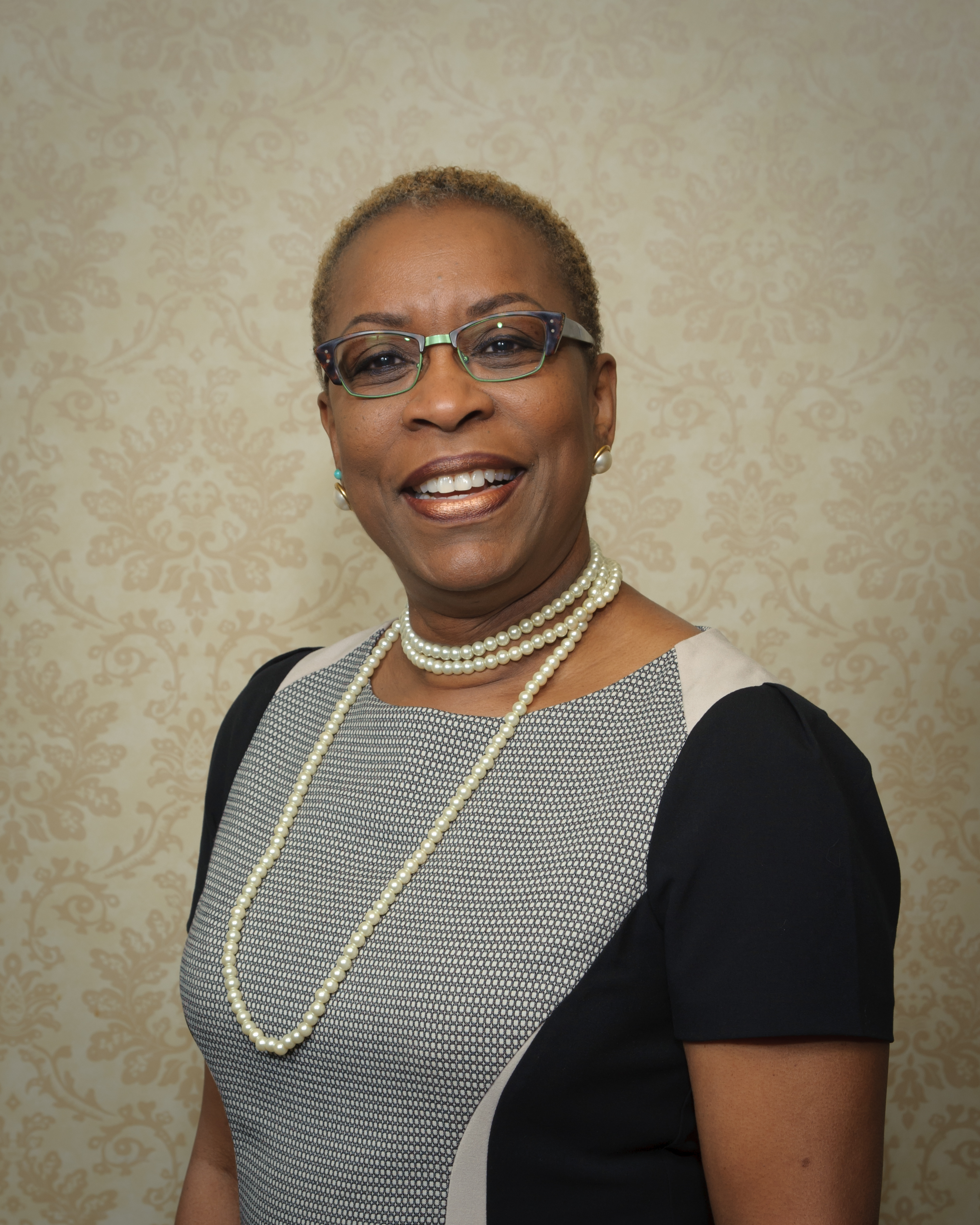
Dr. Dianne Williams is an Adjunct Professor of Restorative Practices in Columbia University’s
Negotiation and Conflict Resolution Program, School of Professional Studies and Teacher’s
College, and brings a wide range of international conflict-related training experience. She has a
strong background in the Caribbean and South America, particularly in Criminology, and
Restorative Practices. Her areas of expertise include, Peace and Conflict studies, Conflict
Resolution, Transformative Mediation, Restorative Practices, Restorative Justice, Restorative
Leadership, Cultural Competency, Psychological Safety, Transformative Justice and Citizen
Legitimacy. As an International Mediator and Mediation Coach as well as a Licensed Trainer of
Trainers in Restorative Practices her current focus is on the implementation of Restorative
Processes as a response to crime, as a lifestyle outside of the Criminal Justice system and using
Restorative Justice to reduce armed conflict and foster reintegration. She has a PhD, an MBA
and an MSc and has done additional coursework at Harvard University’s Kennedy School of
Government, the International Institute for Restorative Practices as well as the National Defense
University William J. Perry Center for Hemispheric Defense Studies, where she is a rostered
adjunct instructor.
Dr. Williams has numerous publications the most recent of which are:
Williams, D. (2024). Restorative Practice: Background and Framework. In Handbook of
Restorative Practice (working title) (Ed. Kenneth Roth, Felix Kumah-Abiwu, Zachary Ritter).
Palgrave McMillan Publishing
Williams, D. (2023). Penal Reform or Penal Abolition in the Caribbean. In Handbook of
Caribbean Criminology. (Ed. Wendell Wallace) Palgrave McMillan Publishing
Williams, D. (2022). A Discursive Public Health Approach to Wrongdoing and the Wrongdoer
(March 2022: Vol 1-1). The Journal of Democracy and Peacebuilding
https://www.dpaceinitiative.org/jdp/
Affiliated Instructors & Partners
Emily Kasriel
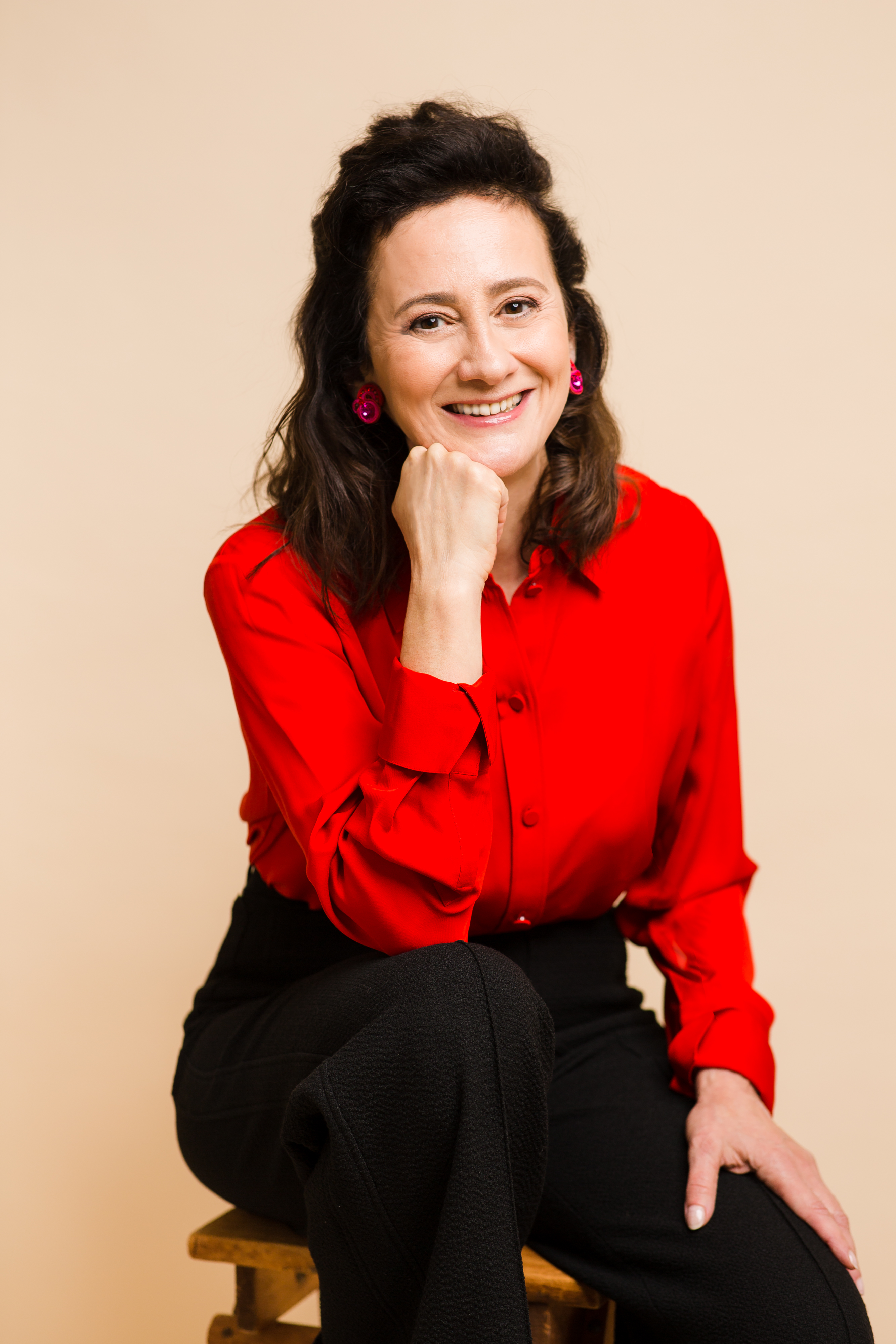
Emily Kasriel is an award-winning journalist, editor, and media executive with over 20 years at the BBC. She developed the Deep Listening approach during her time as a Senior Visiting Research Fellow at King’s College London’s Policy Institute, building on her expertise as an accredited executive coach and workplace mediator. A former Visiting Fellow at Oxford University’s Said Business School and a Senior Advisor to the Skoll Foundation, Kasriel holds master’s degrees from the University of Oxford and Syracuse University’s Maxwell School of Citizenship and Public Affairs. Emily resides in London. Learn more at EmilyKasriel.com.
Emily is looking forward to being part of the Mirror Mirror project, as a link between journalists and data scientists, ensuring that the emerging technologies and the product we create are grounded in the lived realities and ethical responsibilities of global journalism.
Pamela Burke, PhD
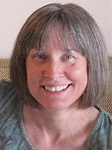
Pamela Burke, PhD brings a somewhat different slant on cooperation and conflict to the MD-ICCCR from her consulting work with innovation units in the healthcare, education, publishing, services, communications, energy, and aerospace industries. She focuses on the leadership skills needed for transformative collaboration, including the benefits of conflict, improvisation, and play in driving discovery and innovation. She loves bringing corporate experience into her course designs and bringing the insights and experiences of her students and research colleagues to her client work. She teaches graduate courses in leadership, creative collaboration, conflict negotiation and mediation, organization consulting skills, entrepreneurship, and effective teams at Stevens Institute of Technology and at Teachers College, Columbia University. Pam received a PhD in psychology from Cornell, completed a two year NSF Research Fellowship in decision making at Stanford, and managed technical organizations at Bell Laboratories before establishing her consulting company, Unbound Edge, Inc., in 2001. She received the affiliate faculty teaching award from Stevens and a New Jersey State Council on the Arts Individual Artist Fellowship (Fiction).
Claudia E. Cohen

Claudia E. Cohen, Ph.D. is a Senior Lecturer in the Social-Organizational Program at Teachers College and the former the Associate Director of the MD-ICCCR. As a scholar-practitioner of conflict studies, her career has combined research, practice and teaching in a range of settings. Dr. Cohen’s current research interests include: strategies for preventing destructive conflict using a Participatory Action Research (PAR) paradigm with formerly incarcerated men and women; participatory case studies of conflict resolution systems in collaborative environments; the use of narrative to create qualitative models of conflict engagement and the impact of reflective practices on mediator efficacy. Her most recent publications include a chapter in the upcoming 3rd edition of the Handbook of Conflict Resolution (Deutsch, Coleman & Marcus) on the PAR work on preventing destructive conflict with formerly incarcerated individuals (with Neshkes, Pryce-Screen, Hernandez, Linder and Doherty-Baker) and an article on mediator style and self and other perception perceptions of efficacy in the Conflict Resolution Quarterly(with Kressel, Butts and Reich), also summarized in Negotiation Journal.
Robert Ferguson
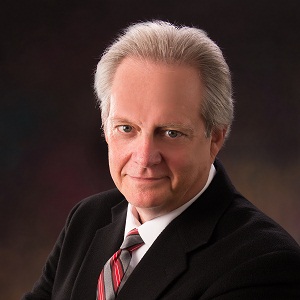
Robert Ferguson, Ph.D. has practiced psychology and executive coaching for over twenty years. He has provided coaching and leadership development to organizations as large as Credit-Suisse and Progress Energy, as well as many other companies, startups and schools. He helps leaders and entrepreneurs influence and motivate others more effectively, and also assists high-achieving individuals handle stress, deal with difficult people, and enhance emotional intelligence. As an expert on conflict, he teaches business partners, teams, managers and executives how to resolve their differences so they can achieve shared goals. At the MD-ICCCR, Dr. Ferguson co-teaches a course on power and conflict. He received his Master’s Degree from University of South Florida, and his PhD from University of Kentucky. Author of several books on leadership, including Enhancing Emotional Intelligence and The Leader’s Guide to Coaching: Discover & Develop the Strengths of Your People, he is currently writing a book with Dr. Peter Coleman on power and conflict, due for publication in 2014 by Houghton Mifflin Harcourt.
Jennifer S. Goldman

Jennifer S. Goldman, PhD, is an organizational psychologist and Founder of Alignment Strategies Group. Building on nearly 15 years’ experience serving clients in a variety of sectors, including Fortune 500 companies, global NGOs and top-tier academic institutions, Alignment Strategies Group is recognized for enabling individuals and organizations to successfully negotiate, and manage complex conflict and change. Dr. Goldman is also an executive coach with the Program on Social Intelligence at Columbia Business School. She has published articles in outlets including Peace and Conflict Studies and the Handbook of Conflict Resolution: Theory and Practice, Second Edition and has developed the CIVIC framework for successfully managing challenging conflicts and transitions. Earlier in her career, she served as Director of Negotiation Programs at Mediation Works Incorporated, and as a facilitator for the internationally-acclaimed Program of Instruction for Lawyers at the Program on Negotiation at Harvard Law School. She received a B.A. in Social Psychology from Tufts University and holds a Ph.D. in Social-Organizational Psychology from Columbia University.
Eric Marcus
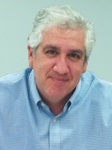
Eric Marcus, PhD, is the founder and principal of The Marcus Group, a New York City based consulting firm specializing in building the capacity of individuals, groups and organizations, for a wide variety of public and private sector client systems. Primary areas of practice over the last twenty years include: working with individuals and groups on issues of change, leadership development, diversity, feedback, intra and inter group mediation and conflict resolution and related areas. Dr. Marcus is a certified mediator in New York State involved in community mediation in the Bronx. He is recent past president of the Organization Development Network of Greater New York and now serves on their Advisory Board. Eric is one of the co-editors of The Handbook of Conflict Resolution: Theory and Practice (2nd Edition), with Morton Deutsch and Peter Coleman, in which he has a chapter on Change and Conflict. Dr. Marcus received his MA and PhD from Columbia University in Social and Organizational psychology, and a Bachelor’s degree from Binghamton University.
Sequoia Stalder
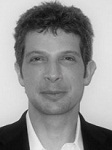
Sequoia Stalder is a mediator/attorney practicing in New York City. He is a principal of Stalder Raich, a mediation firm in New York City. His areas of specialization are family and divorce mediation, business mediation and workplace and organizational conflict consulting. Complimenting his work at Stalder Raich, Sequoia is the Director of Conflict Resolution Services at New York Center for Interpersonal Development, the court designated mediation center for Richmond County. In this role, he oversees all of New York Center’s mediation programs with a yearly caseload of over 800 cases. He is also the senior mediator for the Richmond County Supreme Court Matrimonial Part Mediation Program.
Sequoia regularly provides beginner and advanced mediation trainings to a diverse array of professionals including lawyers, judges, therapists, teachers and others. In addition to his work as a private trainer, he is the Director of the Mediation Training Institute at New York Center for Interpersonal Development and is a faculty member and trainer with the Center for Mediation in Law (Center for Understanding in Conflict). Sequoia also sits on the Mediator Ethics Advisory Committee of the State of New York Office of ADR and Court Improvement Programs.
Evelin Lindner
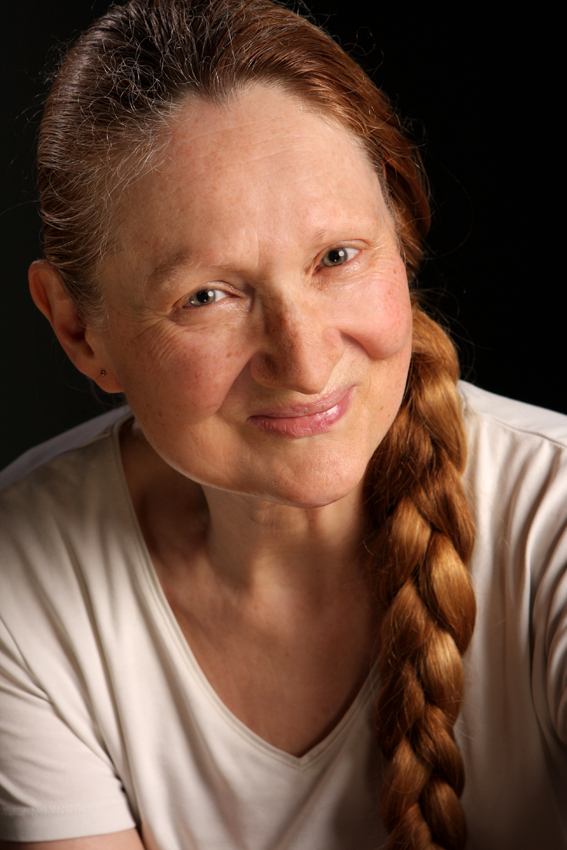
Dr. Evelin G. Lindner has a dual education as a Medical Doctor and a Psychologist, with a Ph.D. in Medicine (Dr. med.) and a Ph.D. in Psychology (Dr. psychol.). She is the founding president of Human Dignity and Humiliation Studies (HumanDHS, humiliationstudies.org), a global community of concerned academics and practitioners who wish to promote dignity around the world. Dr. Lindner is also co-founder of the World Dignity University initiative, including the publishing house Dignity Press. All initiatives are not-for-profit labours of love based on the practice of direct solidarity and gift economy. Lindner lives and teaches globally and is affiliated, among others, with the University of Oslo in Norway since 1997, with Columbia University in New York City since 2001 (the Morton Deutsch International Center for Cooperation & Conflict Resolution & the Advanced Consoritum on Cooperation, Conflict, & Complexity--AC4), and since 2003 with the Maison des Sciences de l'Homme in Paris. Together with the HumanDHS network, she convenes two conferences per year, the "Workshop on Transforming Humiliation and Violent Conflict" taking place each December at Columbia University in New York City, and the other conference in a different location each year, since 2003 in Europe (Paris, Berlin, Oslo, Dubrovnik), Costa Rica, China, Hawai'i, Turkey, Egypt, New Zealand, South Africa, Rwanda, Thailand, India, and the Brazilian Amazon. The nomination for the Nobel Peace Prize in 2015, 2016, and 2017 gave all network members great courage.
If you wish to receive copies of Evelin Lindner's books, please contact her:
- Making Enemies: Humiliation and International Conflict, 2006, Foreword by Morton Deutsch
- Emotion and Conflict: How Human Rights Can Dignify Emotion and Help Us Wage Good Conflict, 2009, Foreword by Morton Deutsch
- Gender, Humiliation, and Global Security: Dignifying Relationships from Love, Sex, and Parenthood to World Affairs, 2010, Foreword by Desmond Tutu
- A Dignity Economy: Creating an Economy That Serves Human Dignity and Preserves Our Planet, 2012, Foreword by Linda Hartling and Uli Spalthoff
- Honor, Humiliation, and Terror: An Explosive Mix – And How We Can Defuse It with Dignity, 2017, Foreword by Linda Hartling
- From Humiliation to Dignity: For a Future of Global Solidarity, 2020, Foreword by Howard Richards
See more chapters and papers in full text on www.humiliationstudies.org/whoweare/evelin02.php
And see a list of talks and presentations here: www.humiliationstudies.org/whoweare/evelin021.php
Please see also a list of videos here: www.humiliationstudies.org/whoweare/videos/00_lindner.php
Read more about Evelin here: www.humiliationstudies.org/whoweare/evelin.php
Pádraig Ó Tuama
